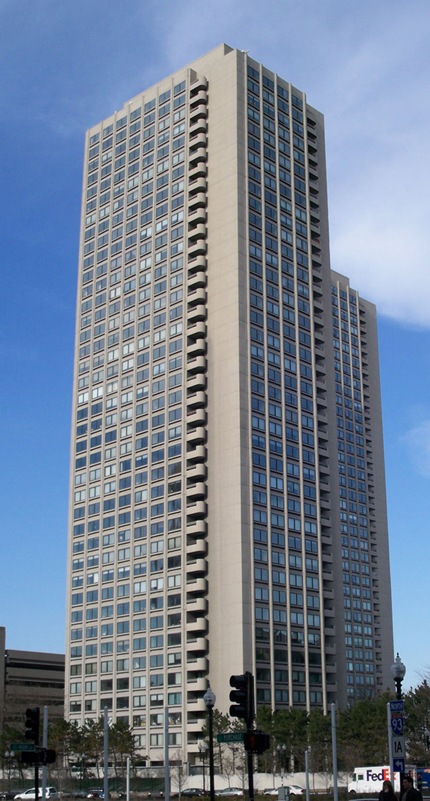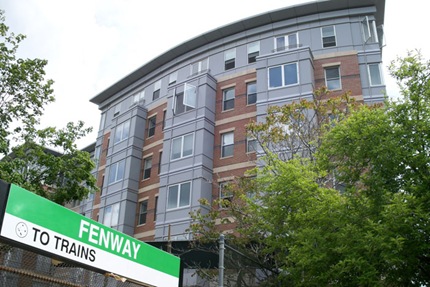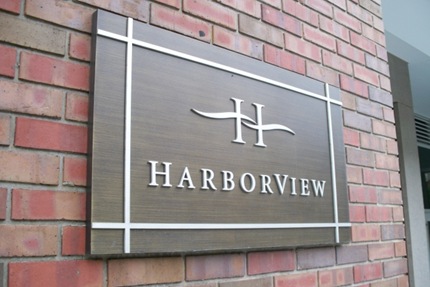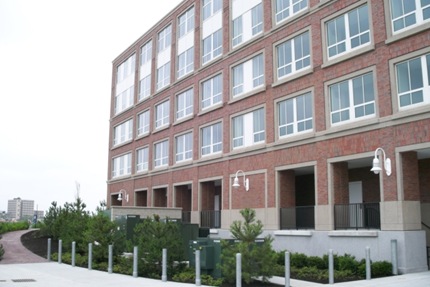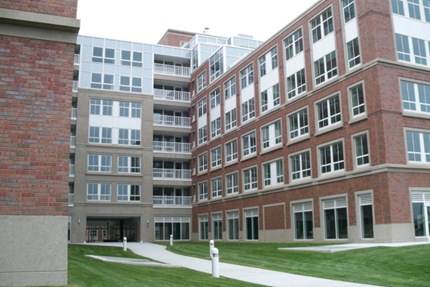Over the past several years I have been very closely in tune with the Boston apartment rental market. In this time, I have had the pleasure of dealing with some spectacular rental agents, and also, some horrible rental agents. It is this dichotomy that has led me to analyze the situation and come to some very logical conclusions regarding rental agents.
For those of you who have not gone through the licensing process, I would like to comment that Massachusetts is one of the easiest states in which to get licensed as a real estate salesperson. To obtain your license, one must take 24 hours of pre-licensing education from an authorized real estate school, which can be done in a single weekend, and then pass a state licensing exam. The required hours of education is relatively low compared to most states, and during my education, little to no discussion of apartment rentals took place. Some states, such as Ohio, require over 100 hours of pre-licensing education, which is over 4 times the requirement in Massachusetts.
My guess is that when the requirements for licensing were first created, the one-month “broker fee” that is oftentimes common in Boston rental apartments was not standard, and most agents had the goal of becoming an agent to sell property, not rent it. Coupled with the lack of salesperson rental education, this creates a potentially growing issue as we see increases in the number of real estate brokerage offices in the Boston area that rely heavily, and almost exclusively, on business models centered on apartment rentals.
I’m not here to knock real estate brokerage offices that focus on rentals, it’s the type of office in which I started my career, and it can be very profitable considering the average rental fee per transaction is in the neighborhood of $2,000, however, I do think that the pre-licensing education and state requirements to become a real estate salesperson should be beefed up. In effect, agents are taught about legal issues and sales transactions in a 24 hour course, then go to work for a rental company and are forced to learn on the go; hence the large quantity of part-time agents who aren’t quite sure how to handle the rental process as a trained professional. This leads to big problems for all salespersons and their brokers in the city, as well as renters, as every agent is a reflection of the entire profession – in sales, one bad impression can ruin years of hard work.
My solution? I think that the education requirement for a Massachusetts real estate salesperson should be increased, and that the additional hours should focus solely on apartment rentals.


